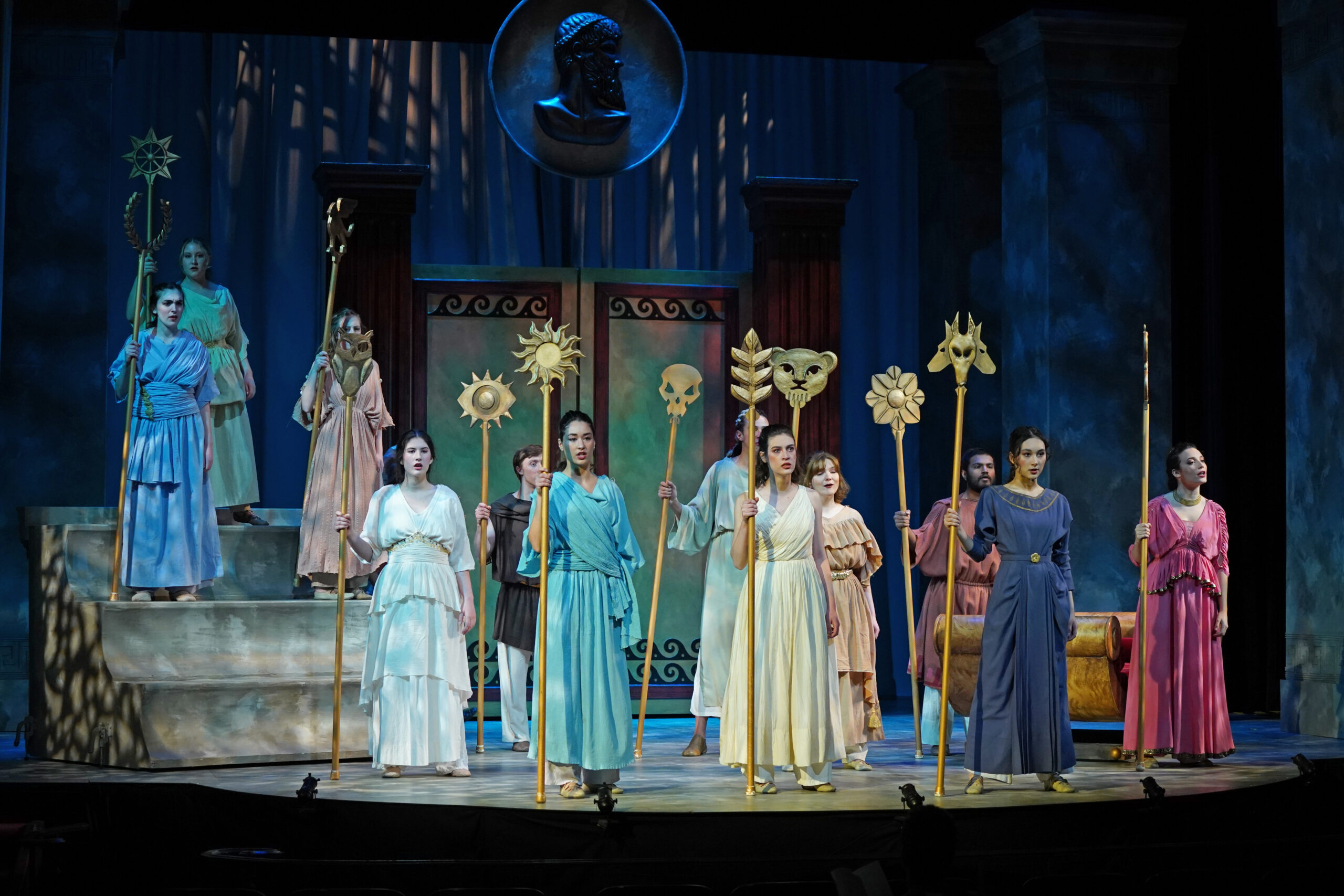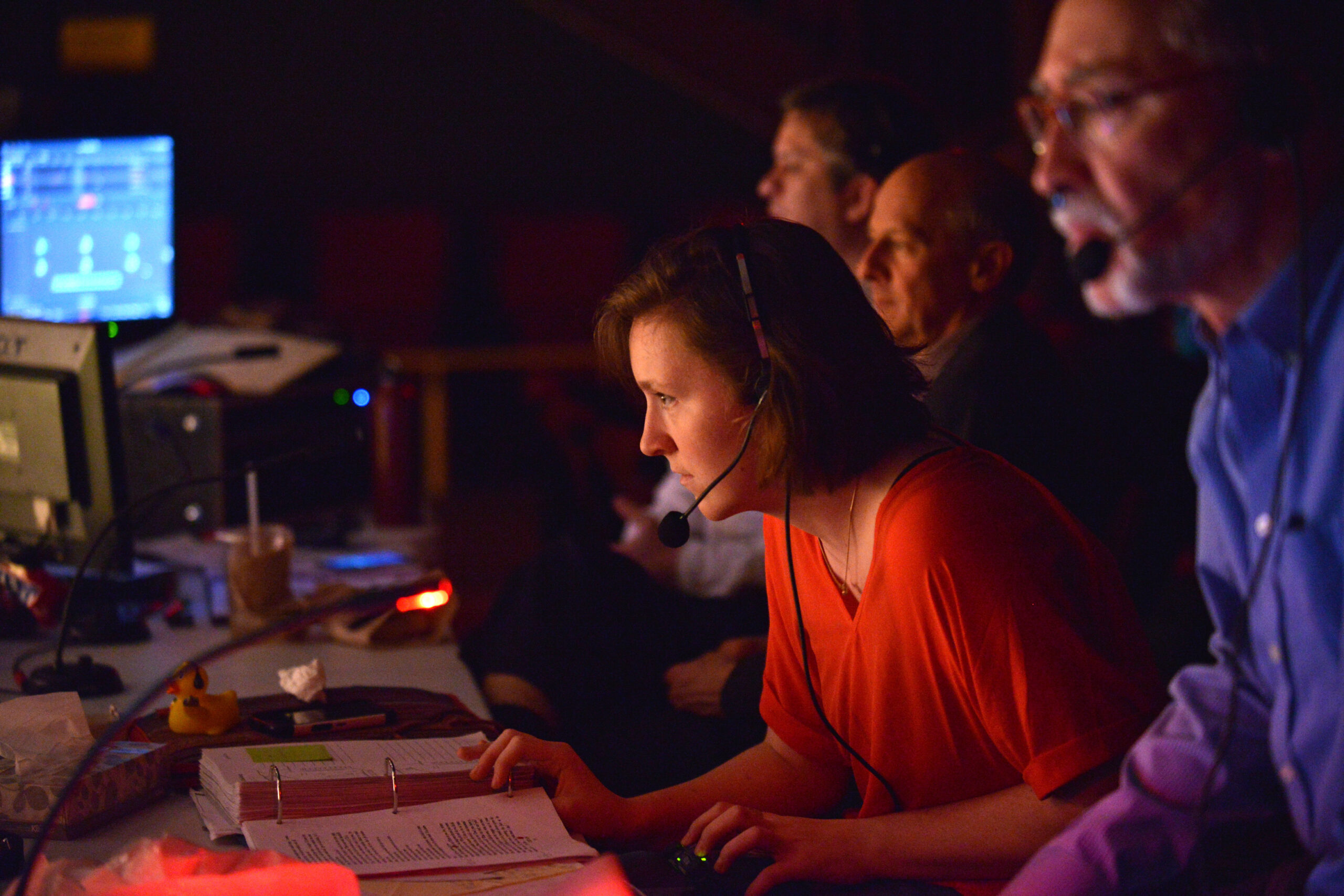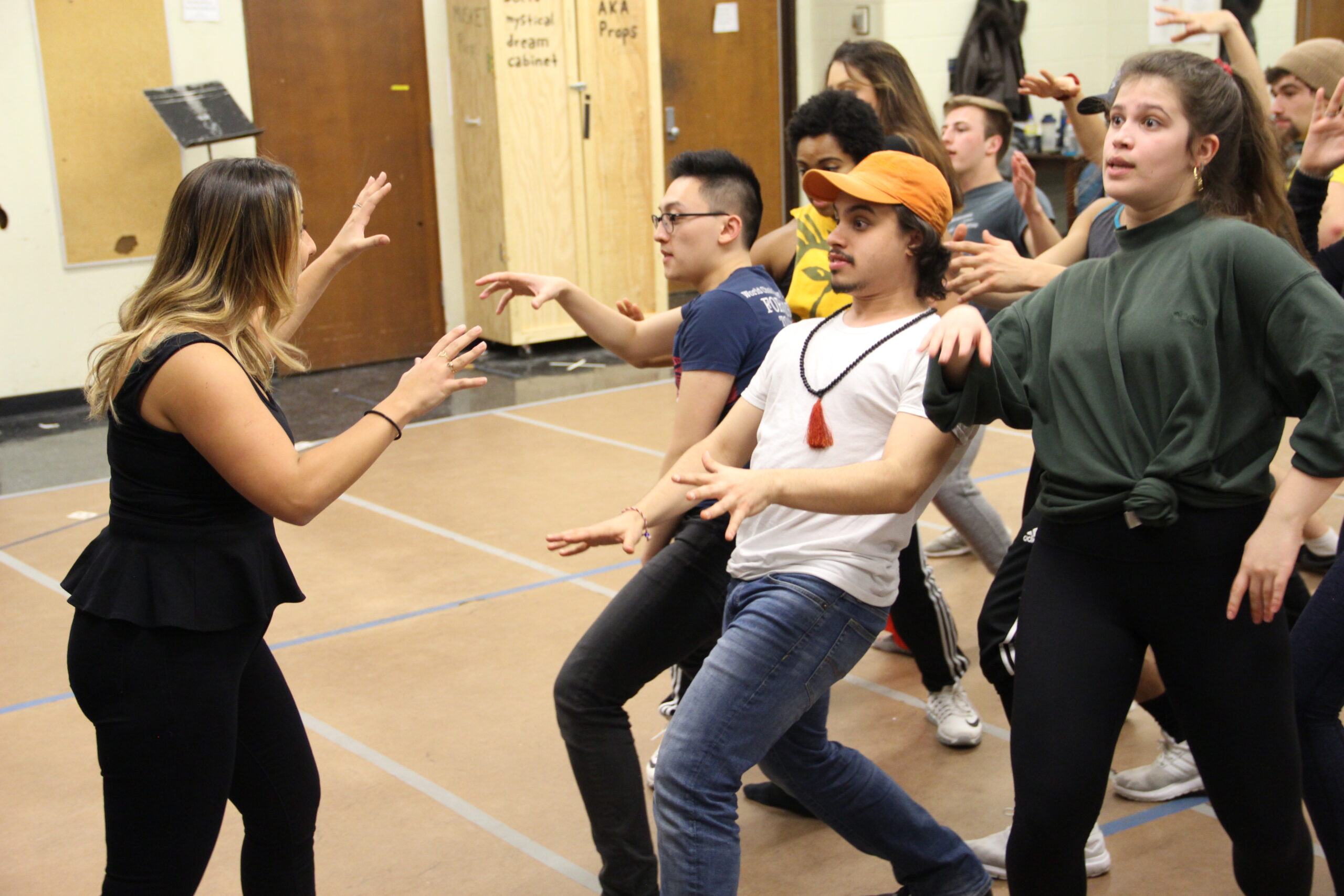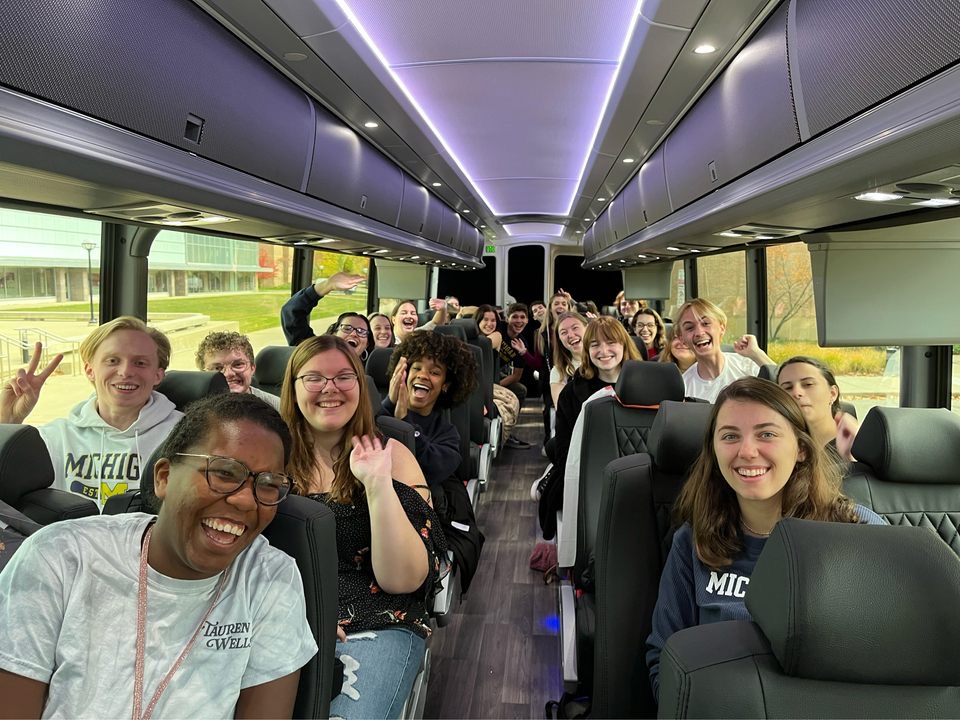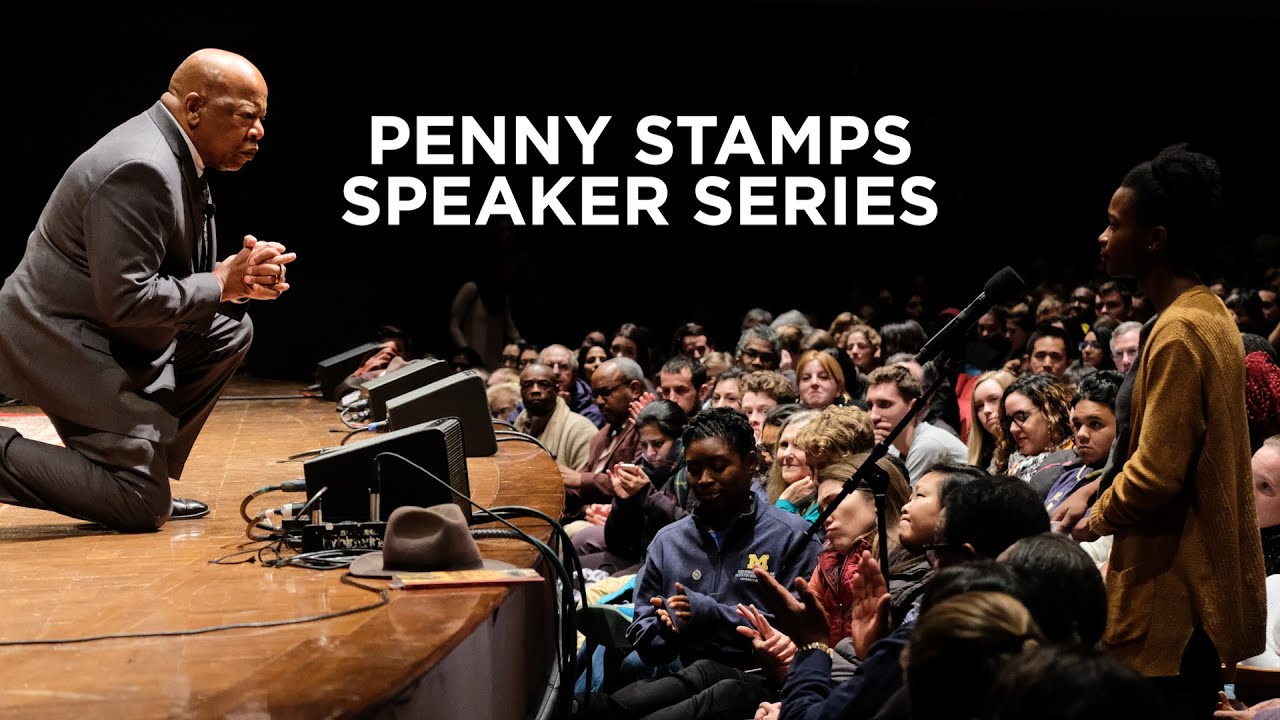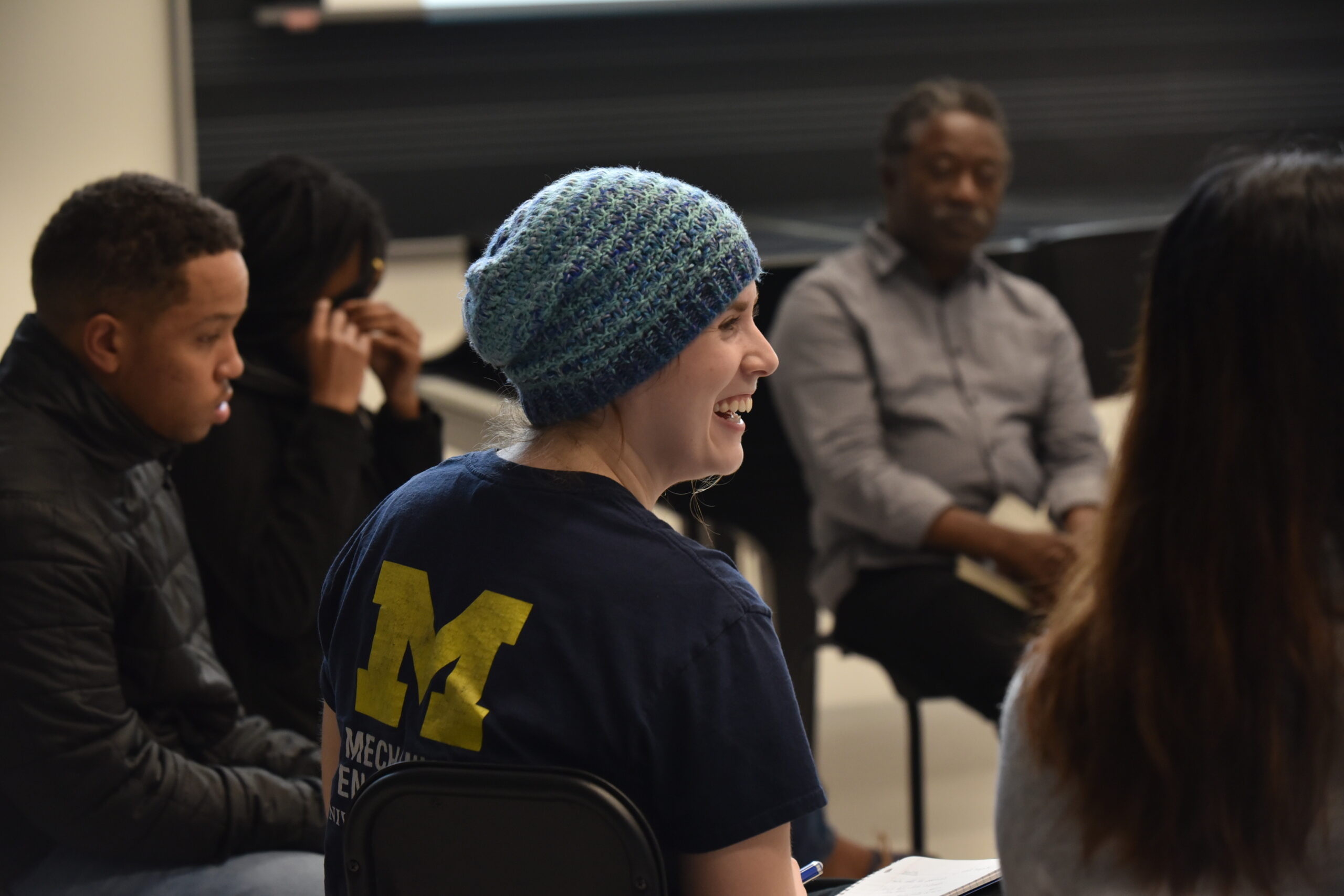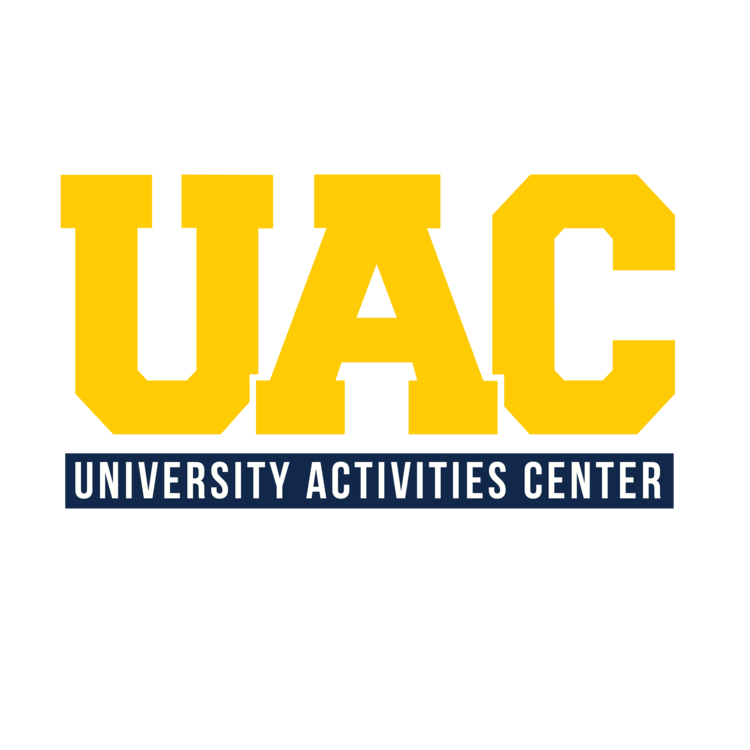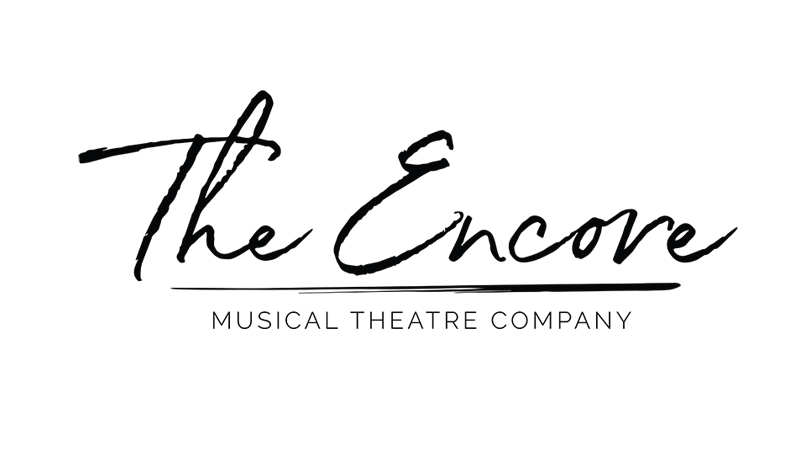Bachelor of Theatre Arts
The Bachelor of Theatre Arts (BTA) program gives independent-thinking, entrepreneurial theatre-makers and arts managers the ability to create a course of study supporting their unique interests. The program’s flexibility and interdisciplinarity makes the BTA particularly attractive to undergraduates wishing to pursue a minor or second major at the university. BTA students complete coursework and hands-on learning experiences in a wide range of areas, including performing arts management, playwriting, global theatre and ethnic studies, theatre and social change, practice-as-research, education, and stage management.
The BTA provides flexibility for students who are interested in developing a minor area of study or pursuing a second major. In consultation with the program advisor, students may customize the program to fit personal academic or career goals.
In their own words
I chose the BTA program for its diverse theatre experience that allows me to choose my own adventure in my overall theatre education without limiting myself to only performing, directing, designing, etc.. I enrolled into U-M planning to pursue my degree in business administration and the flexibility of the degree program makes it possible for me to pursue these two degrees at once.
The thing I value most about the BTA program is the flexibility it offers me to lean into the parts of theatre that I am most passionate about as well as explore new areas that I am not as familiar with. Because our program allows us a lot of freedom of how we want to build our theatre education, I have learned a lot about being independent and self-sufficient. I think this is why so many BTA students have leadership positions in student organizations. This is not to say that we don’t have advisors and faculty members to help us when we get stuck, because we do, but I appreciate learning how to make my own path. When I first got to Michigan, I was slightly intimidated by SMTD, but being in the BTA and learning to advocate for myself and put myself out there for new opportunities has given me a lot more confidence in myself and my abilities.
![]() Want to learn about the Bachelor of Theatre Arts (BTA) program from the student perspective? Listen to BTbAbes, a podcast created by and for BTA students! Hear current BTAs talk about designing their own curriculum, pursuing dual degrees at the university, participating in student organizations, transitioning to graduate study or careers after graduation, and more. Conceived, produced, and hosted by Sam Aupperlee ’24, Cortez Hill ’24, Jill Pierangeli ’24, and Paulina Titterington ’24.
Want to learn about the Bachelor of Theatre Arts (BTA) program from the student perspective? Listen to BTbAbes, a podcast created by and for BTA students! Hear current BTAs talk about designing their own curriculum, pursuing dual degrees at the university, participating in student organizations, transitioning to graduate study or careers after graduation, and more. Conceived, produced, and hosted by Sam Aupperlee ’24, Cortez Hill ’24, Jill Pierangeli ’24, and Paulina Titterington ’24.
Episode 1: An introduction to your hosts, the wonderful BTbAbes, and an overview of the BTA program and why we love it!
Episode 2: A discussion with the lovely Emily Erlich ’21 about stage management and student theatre organizations, followed by a wonderful conversation with MacKenzie Mollison ’22 about performance opportunities in student orgs!
Episode 3: Diving into the BTA as a dual degree option! An interview with Kaitlyn Tom ’22 discussing what it’s like to be a junior BTA double-majoring in Communications, followed by a discussion with Dylan Genouw ’21 about being both a BTA and STEM major!
Applying
Because the BTA program serves students with wide-ranging interests, auditions and prescreening interviews are not required. Applicants must submit a Statement of Purpose and several writing samples as outlined by the department via the Artistic Portfolio.
Curriculum
The Bachelor of Theatre Arts requires a minimum of 120 credits: roughly half of the coursework must be within SMTD; the other half may be taken in other schools at U-M. BTA students take a core of theatre courses and also a significant number of elective courses from a broad range of theatre offerings, such as Playwriting, Global Theatre and Ethnic Studies, Performing Arts Management, African American Drama, History of Decor, Theatre and Incarceration, Latina/o Theatre for Social Change, Solo Performance, and Multicultural Acting.
Silent Advisor
Degree requirements and term-by-term layout for current students.
The BTA Experience
Alumni
Alumni provide a strong network across the country in a variety of performing arts organizations and adjacent fields. From Broadway to Disney World, from the Spoleto Festival to Jacob’s Pillow, and from cruise ships to regional theatres, Wolverines can be found “in the wings” creating and supporting live performance in every venue imaginable.
Guest Artists & Masterclasses
Visiting artists interact with students as resident teaching artists in the classroom and as guest designers and stage managers on MainStage season creative teams. They zoom in to chat with students at our weekly seminar or as guests in our classes providing a strong connection to current industry practices.
Immersive Learning
BTA students immerse themselves in real-world applications of their studies through the Immersive Learning requirement. Students fulfill this requirement through study abroad, internships, fieldwork, the Prison Creative Arts Project, and other community-engagement work.
BTA students also work in our professional production shops, supporting the mainstage season through a series of credit bearing production practicums.
Performance Venues
Faculty- and guest-directed plays take place in the Arthur Miller Theatre, the Lydia Mendelssohn Theatre, and the Power Center for the Performing Arts.
Faculty studios, Directing Theses, and the student-led Basement Arts productions are produced in the Newman Studio.
Flexibility
The BTA provides flexibility for students who are interested in developing a minor area of study or pursuing a second major. In consultation with the program advisor, students may customize the program to fit personal academic or career goals. SMTD coursework to include: Acting Design Script Analysis Theatre History, Literature, Criticism Technical Theatre Stage Management Professional Development (BTA Forum) Immersive Learning (internship, fieldwork, study abroad, or equivalent) Liberal arts coursework to include: First-Year Writing, Upper-level writing, Race &; Ethnicity elective, and academic electives from across the U-M.
Faculty
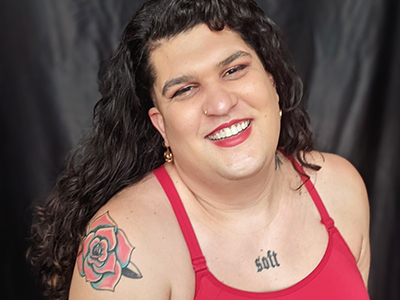
Raja Benz
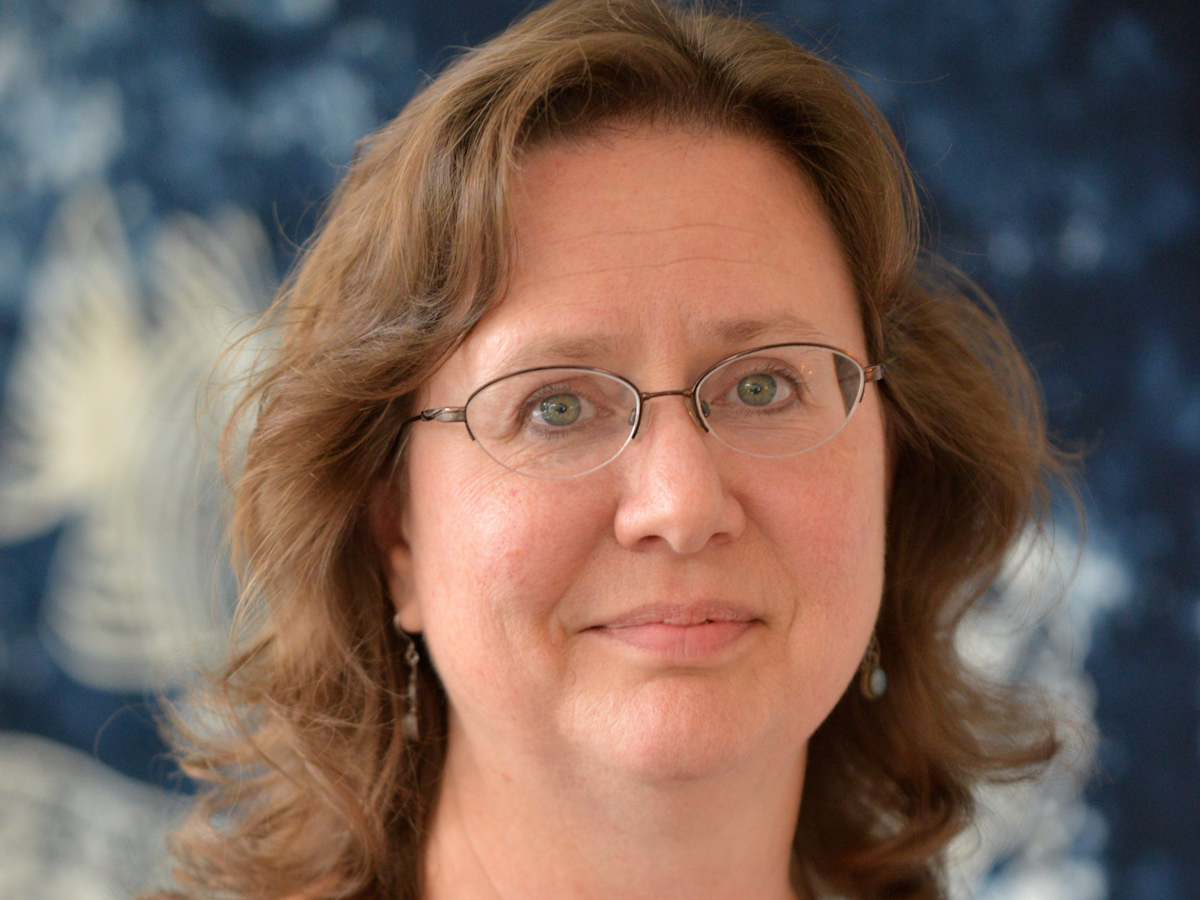
Laura Brinker

Daniel Cantor
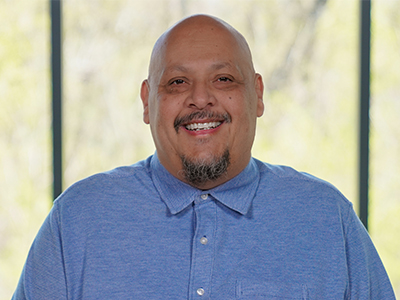
José Casas
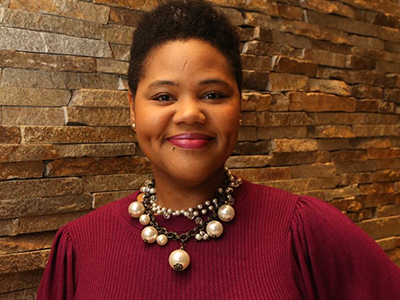
Shavonne Coleman

Mark Colson
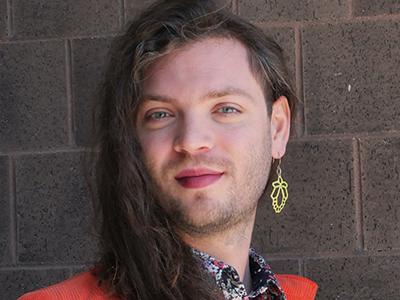
Scott Crandall
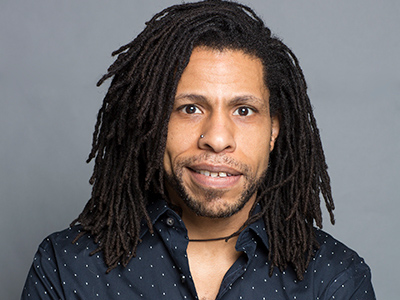
Antonio Disla

Patrick Drone
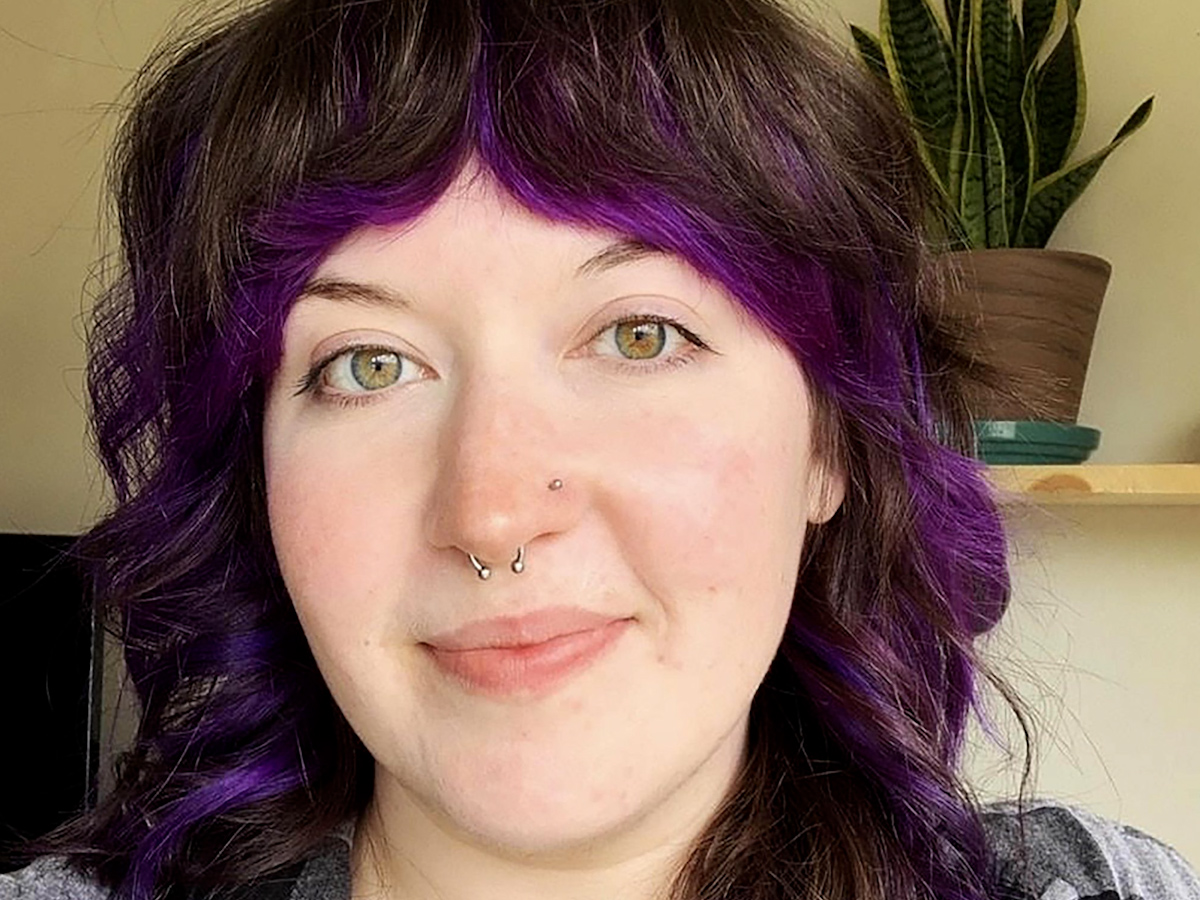
Jess Fialko
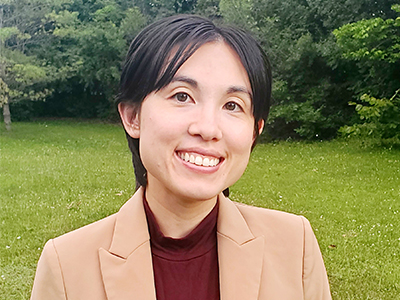
Jenna Gerdsen
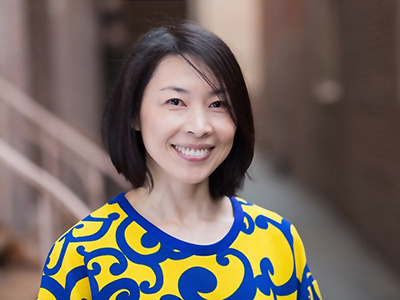
Jungah Han
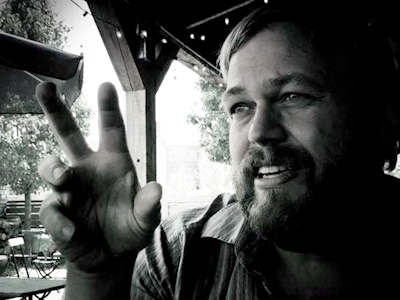
Jake Hooker
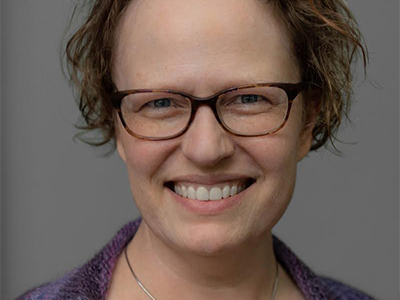
Amy E. Hughes

Kevin Judge
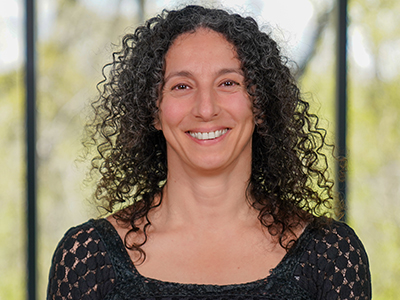
Tzveta Kassabova
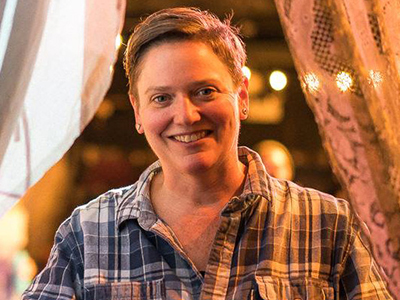
Halena Kays

Jeffrey Kuras

Richard Lindsay
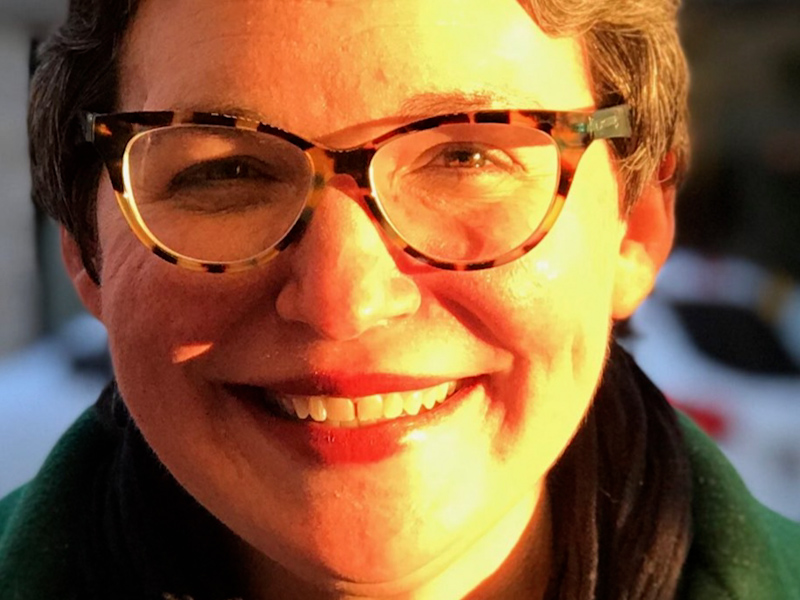
Ashley E. Lucas
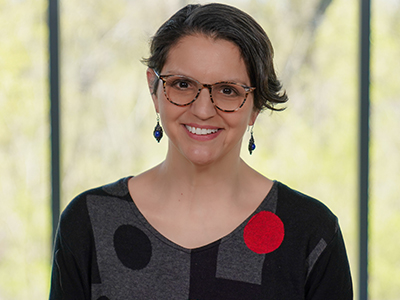
Christianne Myers
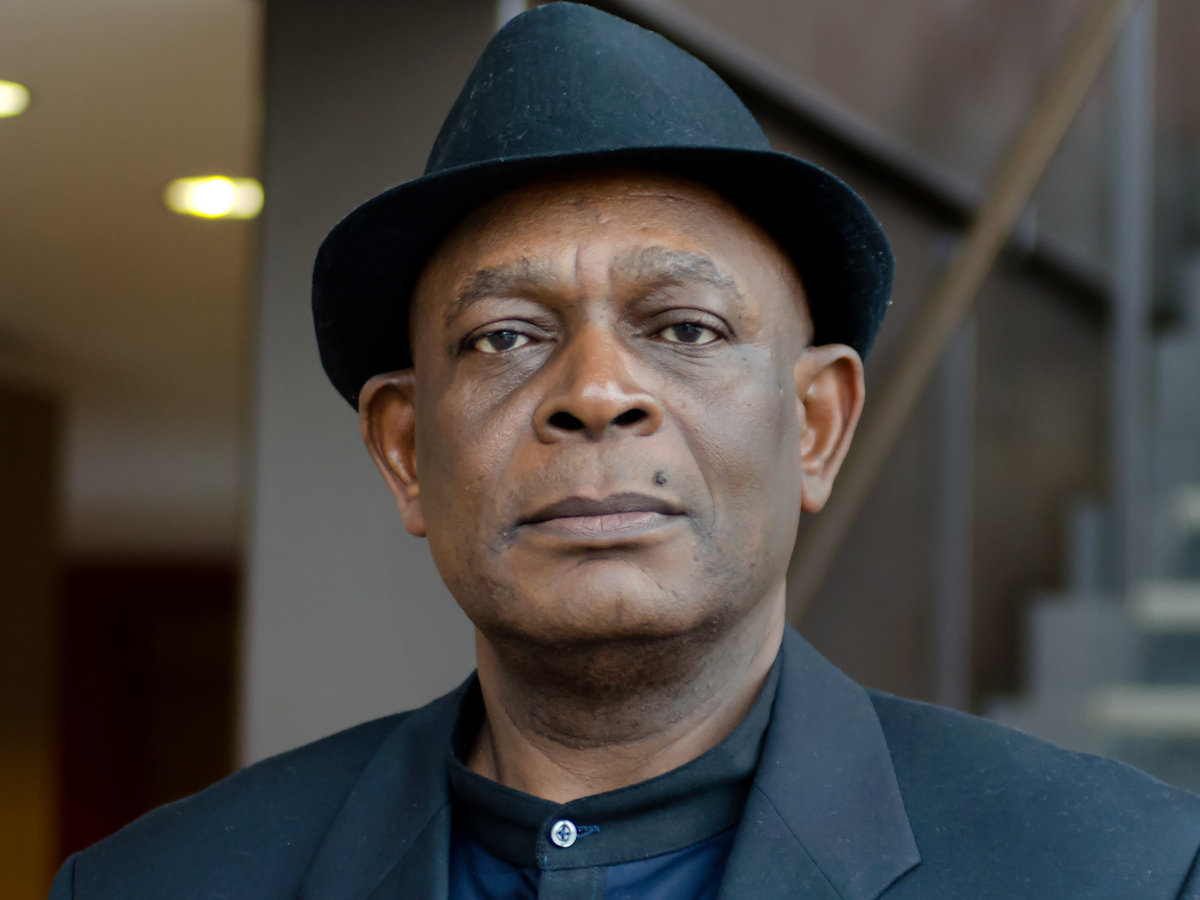
Mbala Nkanga
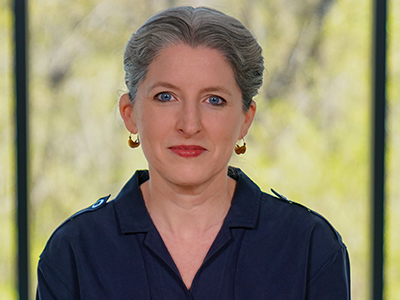
Sarah Oliver

Geoff Packard
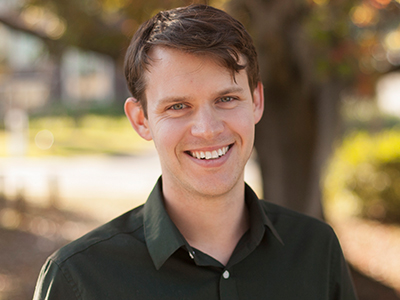
Jay Pension
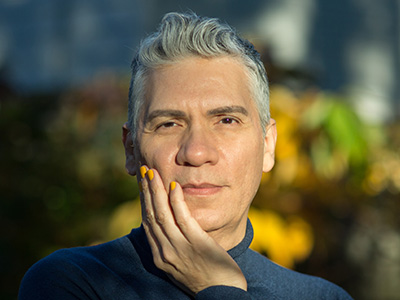
Rogério M. Pinto

Henry P. Reynolds
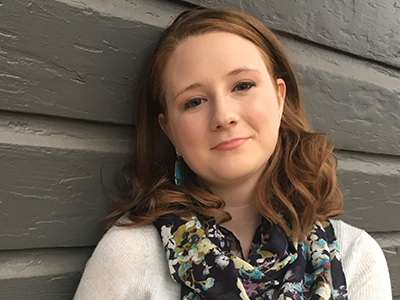
Alexis Riley
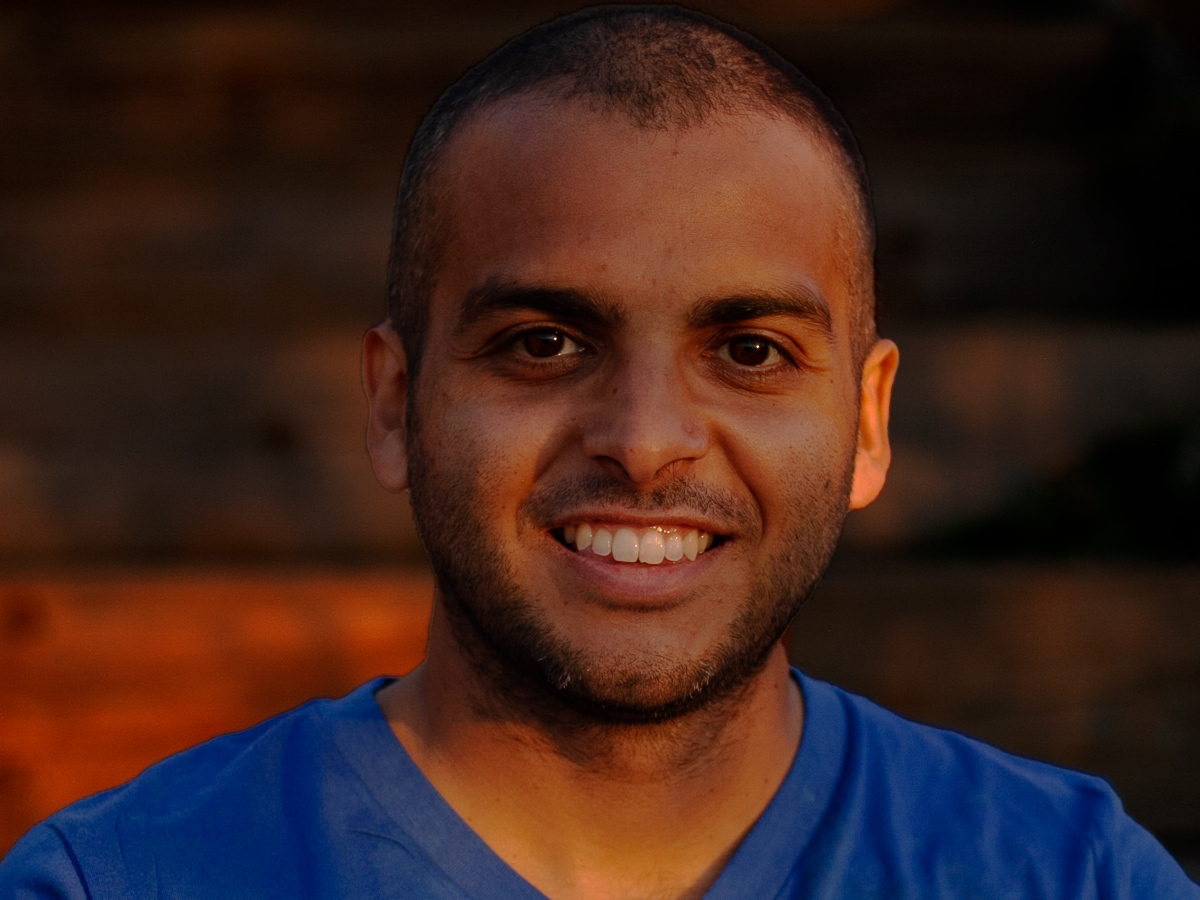
Emilio Rodriguez
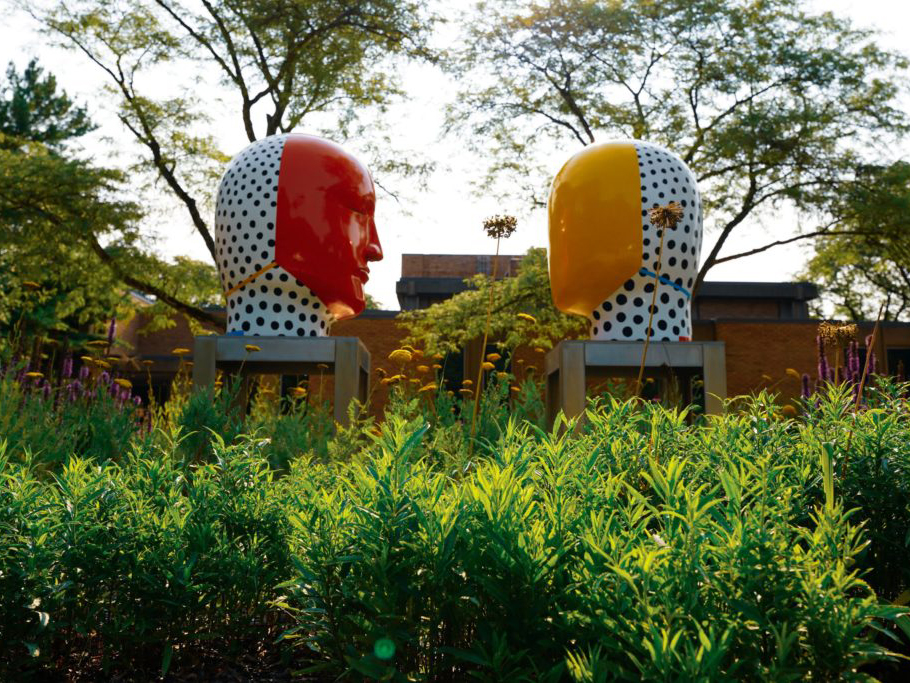
Beth Sandmaier
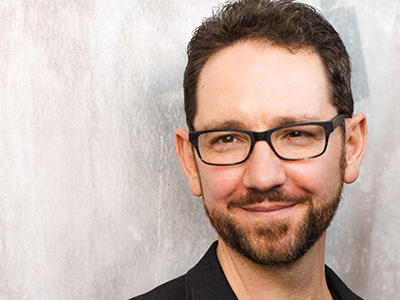
Jeremy Sortore

Christina Traister
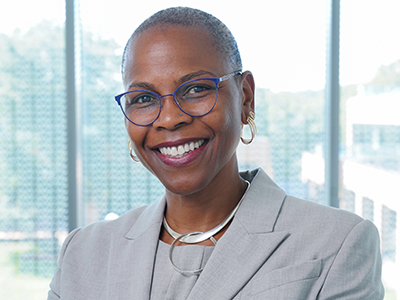
Tiffany Trent

Malcolm Tulip
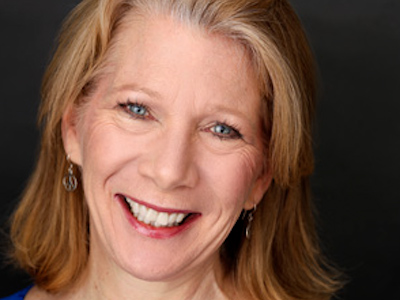
Nancy Uffner
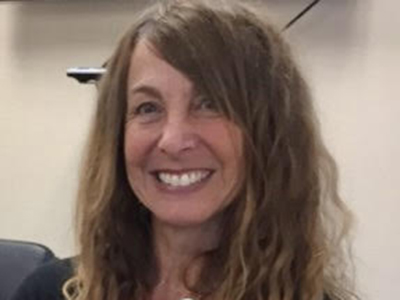
Karin Waidley
Performance, Production, and Engagement Opportunities
Students in the Department of Theatre & Drama have a wide range of opportunities available to them outside of the classroom, both on and off the stage–depending on your major.

